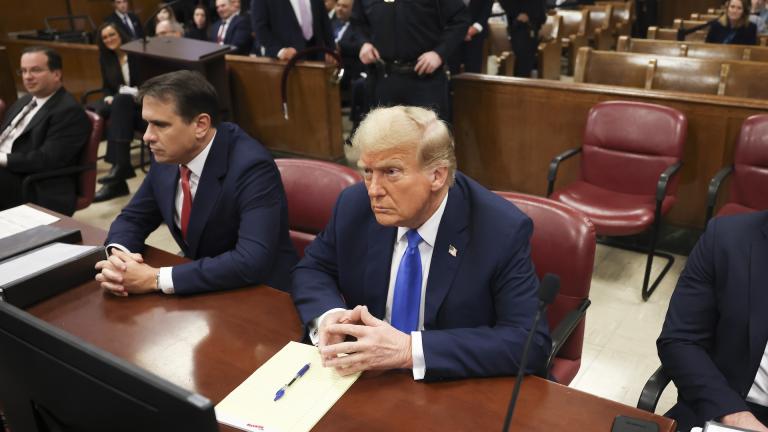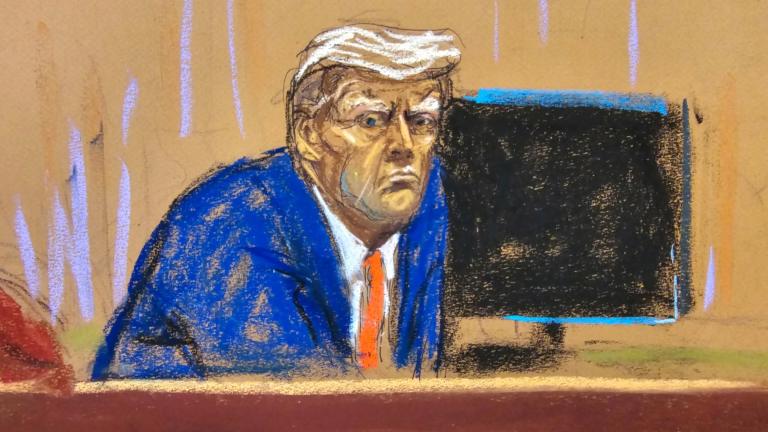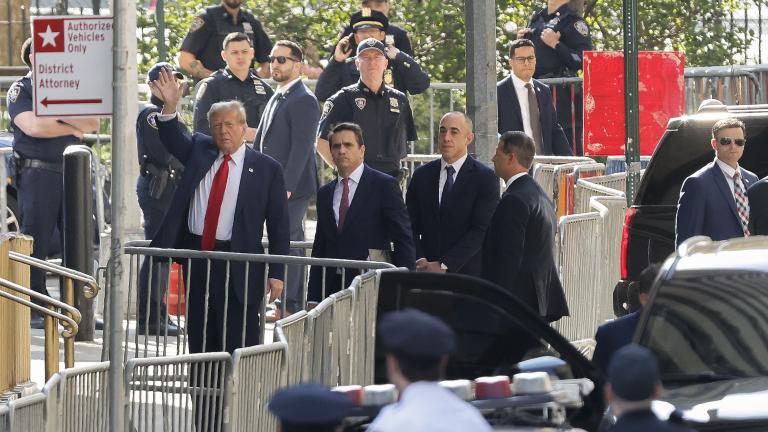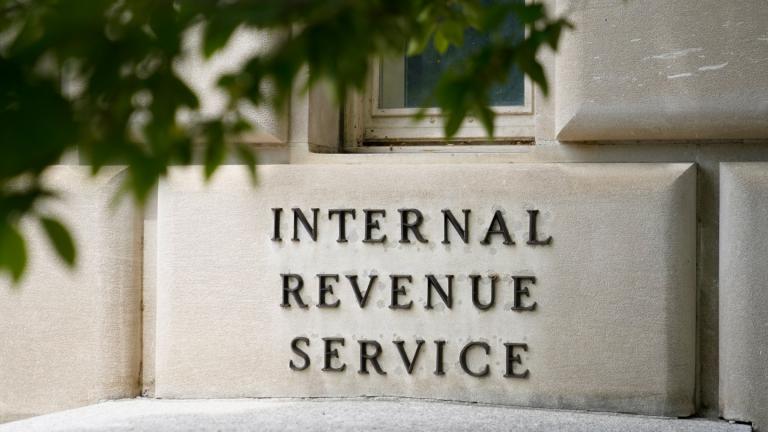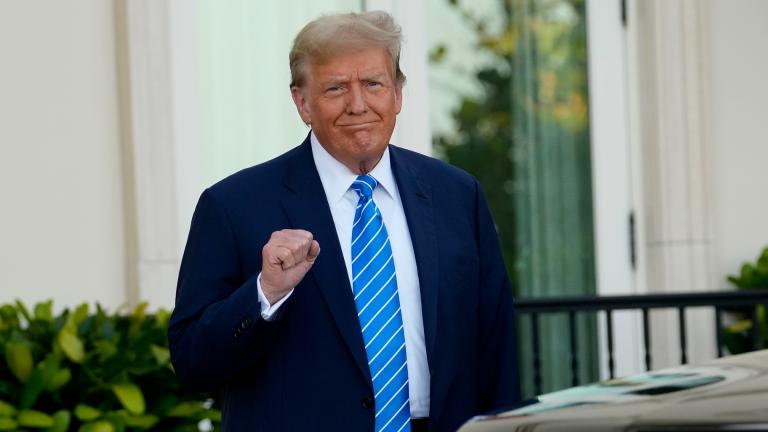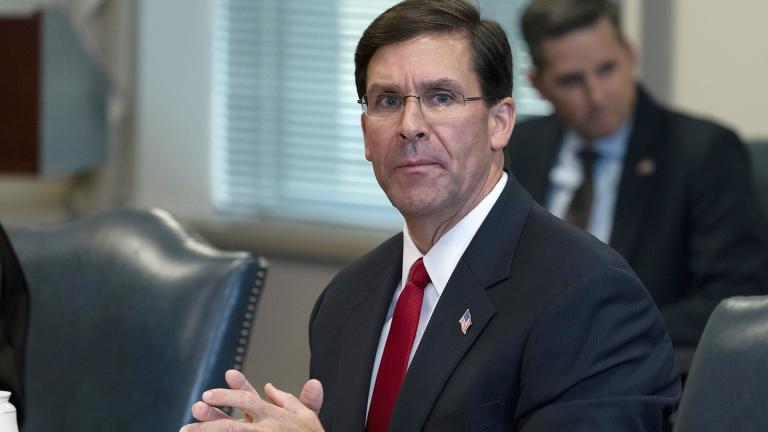The House Judiciary Committee on Wednesday held its first hearing as it weighs articles of impeachment against President Donald Trump.
Four legal scholars testified on the constitutional merits of the case – three in favor of impeachment, one opposed – all with an eye toward historical precedent.
“Based on the evidentiary record before you, what has happened in the case today is something that I do not think we have ever seen before: a president who has doubled down on violating his oath to faithfully execute the laws and to protect and defend the Constitution,” said Stanford University law professor Pamela Karlan, one of three witnesses called by Democrats, all of whom agreed that Trump’s actions in this case are impeachable.
“I’m concerned about lowering impeachment standards to fit a paucity of evidence and an abundance of anger,” said George Washington University law professor Jonathan Turley, the sole witness called by Republicans. “I believe this impeachment not only fails to satisfy the standard of past impeachments, it would create a dangerous precedent for future impeachments.”
At many points, Wednesday’s testimony covered familiar ground: what the framers meant by the scant language regarding impeachment in the Constitution. Article 2, Section 4 simply reads: “The President, Vice President and all Civil Officers of the United States, shall be removed from Office on Impeachment for, and Conviction of, Treason, Bribery, or other high Crimes and Misdemeanors.”
“It’s sort of a principal in law that when you have a concrete enumeration of things followed by a more general catchall, you try to understand the catchall in light of the concrete things that come before it,” said David Franklin, a law professor at DePaul University. “What do treason and bribery tell us? They tell us that what the framers were most concerned about was the president acting against the interests of the United States and in the interest of a foreign enemy – that’s treason – or the president bending the public obligations of his office to private purposes – that’s bribery.”
Despite the political theater on display during the contentious hearings, Franklin said impeachment “calls upon Congress to get in touch with its highest constitutional obligations, and that means trying to understand what the Constitution means.”
University of Chicago law professor Tom Ginsburg thought the hearings Wednesday proceeded about as expected. “I sometimes say (the impeachment inquiry) is like a TV show where we already know how the next few episodes will play out, even though we don’t know how it will end,” he said.
Ginsburg, who studies democracies around the world, says that if the House impeaches Trump and the Senate doesn’t remove him from office (as many expect will happen) the 2020 election could buck precedent.
“I’ve never found a case where the president was impeached and not removed and then won the next election, and that’s what we’re facing,” he said. “There’s a lot of evidence as an incumbent with a strong economy that President Trump has a good chance of reelection. That would be uncharted territory for presidential democracies, and possibly worrying.”
Franklin and Ginsburg join “Chicago Tonight” in conversation.
Related stories:
Of Founders and Findings: What to Watch on Impeachment
House Report Outlines Evidence for Trump Impeachment
House Impeachment Report Coming Ahead of Landmark Hearing

